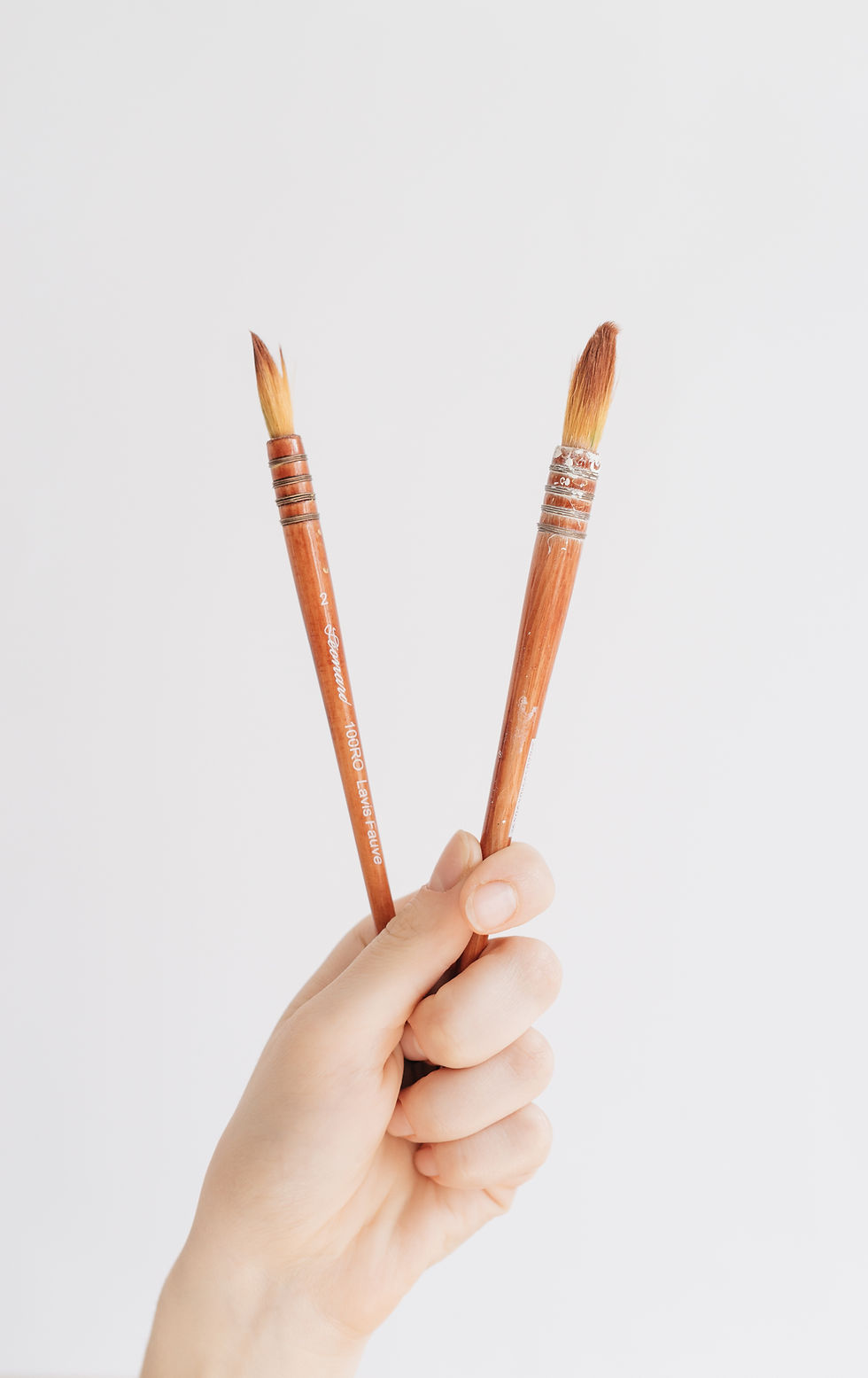Photography in the Digital Age
- Vanessa

- Feb 11, 2019
- 3 min read
In the age of the digital revolution, there is a resistance to the transition of traditional film and analog photography to the digital mediums that have become ubiquitous in our society. In the NPR podcast https://www.npr.org/templates/story/story.php?storyId=1616953?storyId=1616953, I believe that artist Louis Greenfield makes a unique point in favor of the digital turnover, that although her work was primarily captured in an analog format, that now, to be seen as an artist and creator we are moving to digital platforms. There have been associations made between the analog photograph and the vinyl record, comparing the richness lost in the transition to a format that is computerized, however, Louis I believe makes an excellent point that photography as an art form has never been natural because “there is nothing natural about capturing time and rendering it into a two dimensional space”.
The same resistance could be compared to the invention of the analog processes such as the Daguerreotypes. When photographic image making hit the scene in the 1840s painters and other critics such as Paul Delarcce believed that the new advancement would cripple the creative media of painting and render it obsolete. Analog film and its processes have not become obsolete, however, there is no mistaking that the market has dramatically turned in favor of digital image making. This can be seen as Kodak, makes cuts, and Ilford begins going bankrupt. Richard B. Woodward speaks about what many analog lovers have feared “the future of photography is no longer controlled by makers of paper, film, darkroom chemicals, and enlargers, but by Intel, Apple, Hewlett-Packard, Epson, and the information companies.”As a lover of both mediums it is a hard hit knowing it will be more difficult to find darkroom space, films, and papers, but in contrary, I believe this digital transition has made the photographic medium more universal. Now anyone can take a photo on their phone with impressive quality, the fear of digital transition might inherently be coming from those who wish for the photographic art form to remain exclusive.
The digital format of images and images making is yet another tool for the artist to harness. I don’t believe that analog lovers have anything to fear as the times change to digital formats. It is true that there is a clear difference between a digital image and a film image, from what was once a subtle variation in prints that come from the darkroom enlargement process and an exact science in using the camera, digital photography makes the process of image making quick, automatic, for the most part, free, and exact. One image could be replicated hundreds of times, where it could take days to get two prints to near likeness. There is a fear, however, of the reliability of digital files and images, with analog film can be saved for years in a hard copy, when images are placed in digital files we run the risk of losing them to the server. There is a hesitation also in the ease there is in manipulating digital images. As an example, one of my favorite personal projects was created by combining digital images into double exposures, printing them out into digital negatives, and then taking those images into the dark room and performing alternative lith processes on them. From the final product, there would be no indication that the final 11x14 prints were ever digitally manipulated. As Mitchell says on page 7 in discussing mutability and manipulation “when looking at photographs, we presume, that unless we have some clear indication, that they have not been reworked.”
As an artist and as an educator I have seen how both mediums can be used simultaneously and interchangeably allowing for more experimentation and manipulation. These advancements in our technology are moving the photographic art forward into unknown territory.
works mentioned
Woodward, Richard B. “Altered States -.” ARTnews, 25 Jan. 2012, www.artnews.com/2006/03/01/altered-states/.



Comments